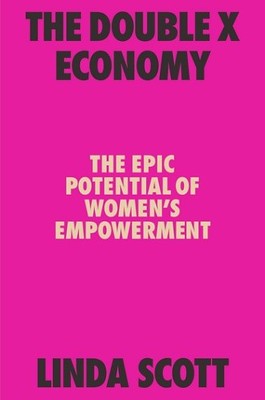by Glenice Lilje
Women’s Empowerment
Women’s empowerment can mean something different to various people and cultures. It can mean the promotion of self-worth or allowing women to determine their own choices. It can also mean the right to influence change for themselves and for others. In Western countries, we think of the suffragettes, sexual revolution and feminism. In other parts of the world, women’s empowerment can mean breaking down challenges and having more representation in power and decision- making roles.
Why is empowering girls and women so important? Studies show that when women and girls live a safe, fulfilling and productive life, they can reach their full potential. By educating women and girls, and giving them the ability to contribute their skills to the workforce, they have the ability to affect economic growth and are key to political stability and social transformation.
Empowerment is a process where the individual becomes a representative of change. Below are some change-makers and their stories of how they view a male-dominated world and what we can do to raise female voices and stature.
 The Double X Economy: the Epic Potential of Women’s Empowerment by Linda Scott, 2020.
The Double X Economy: the Epic Potential of Women’s Empowerment by Linda Scott, 2020.
Linda Scott has played a central role in the rise of women’s economic empowerment movement. A scholar and activist, Scott describes “Double X Economy” as the systematic exclusion of women from economic participation. Throughout history and the world, there has been a “distinct pattern of economic inequality”, such as male control of capital and family assets, the disproportionate share of the world’s unpaid care work and the prevalence of sexual assault in the workplace and home, to name a few. In The Double X Economy…the author uses radical original research and case studies to lay out the ground work to bring women to the forefront as equal participants in the economy.

Smart Wife: Why Siri, Alexa and Other Smart Home Devices Need a Feminist Reboot
by Yolande Strengers and Jenny Kennedy, 2020.
In Smart Wife: Why Siri, Alexa and Other Smart Home Devices Need a Feminist Reboot, readers will examine the arrival of the digital assistants that are designed to carry out “wife work” or domestic responsibilities that traditionally fell onto human wives. Smart devices and digital assistants have helped to uncomplicated our lives by vacuuming the floor, order groceries, create shopping lists and family calendars, make coffee and control lighting and temperatures. Strengers and Kennedy invites us to take a closer look into these virtual helpers that are designed in male-dominated industries and make us think that it is time to give the “Smart Wife” a reboot that would promote a revaluing of femininity in society.
Available in eBook format.

Uncanny Valley: A Memoir by Anna Weiner, 2020.
Uncanny Valley shares Anna Weiner’s personal experiences working in the start-up culture in Silicon Valley during her early 20’s, often being the only female in a room. She recounts her decision to quit her job as a freelance copy editor and literary agency assistant and working variable jobs before becoming a customer service representative for an open-source coding company. Weiner’s memoir gives her personal insight as she tries to find her place in the industry while turning a blind eye to the oddities of the tech bro culture as it shifts from being a self-appointed world savior to democracy-endangering liability.